Which of the following do not give rearrangement of carbocation in the additin reaction of alkene?
Br2/CI4
HBr
HBr/H2O2,hv
OSO4
The correct Answer is:A, C, D
To determine which of the following do not give rearrangement of carbocation in the addition reaction of alkene, we will analyze each option based on the mechanism of the reaction involved.
Step 1: Analyze Option A (Bromine in CCl4)
- When an alkene reacts with bromine in the presence of CCl4, a cyclic bromonium ion is formed as an intermediate.
- This mechanism does not involve the formation of a carbocation; hence, there is no possibility of rearrangement.
- Conclusion: Option A does not give rearrangement.
Step 2: Analyze Option B (HBr)
- The addition of HBr to an alkene follows Markovnikov's rule, where H adds to the less substituted carbon, leading to the formation of a carbocation.
- This carbocation can rearrange to a more stable form (e.g., from a 1° to a 2° or 3° carbocation).
- Conclusion: Option B can undergo rearrangement.
Step 3: Analyze Option C (HBr with Hydrogen Peroxide and Sunlight)
- This reaction proceeds via a free radical mechanism and follows the anti-Markovnikov rule.
- Since the mechanism does not involve the formation of a carbocation, there is no rearrangement.
- Conclusion: Option C does not give rearrangement.
Step 4: Analyze Option D (Osmium Tetroxide)
- The reaction of an alkene with osmium tetroxide leads to the syn addition of hydroxyl groups (OH) to the double bond.
- This process does not involve the formation of a carbocation, so rearrangement cannot occur.
- Conclusion: Option D does not give rearrangement.
Final Answer:
The options that do not give rearrangement of carbocation in the addition reaction of alkene are A, C, and D.
- When an alkene reacts with bromine in the presence of CCl4, a cyclic bromonium ion is formed as an intermediate.
- This mechanism does not involve the formation of a carbocation; hence, there is no possibility of rearrangement.
- Conclusion: Option A does not give rearrangement.
- The addition of HBr to an alkene follows Markovnikov's rule, where H adds to the less substituted carbon, leading to the formation of a carbocation.
- This carbocation can rearrange to a more stable form (e.g., from a 1° to a 2° or 3° carbocation).
- Conclusion: Option B can undergo rearrangement.
- This reaction proceeds via a free radical mechanism and follows the anti-Markovnikov rule.
- Since the mechanism does not involve the formation of a carbocation, there is no rearrangement.
- Conclusion: Option C does not give rearrangement.
- The reaction of an alkene with osmium tetroxide leads to the syn addition of hydroxyl groups (OH) to the double bond.
- This process does not involve the formation of a carbocation, so rearrangement cannot occur.
- Conclusion: Option D does not give rearrangement.
The options that do not give rearrangement of carbocation in the addition reaction of alkene are A, C, and D.
Topper's Solved these Questions
- HYDROCARBONS (ALKANE, ALKENE and ALKYNE)BOOK - HIMANSHU PANDEYCHAPTER - HYDROCARBONS (ALKANE, ALKENE and ALKYNE)EXERCISE - Linked Comprehension Type (Q.1 To Q.25)
25 Videos
- HYDROCARBONS (ALKANE, ALKENE and ALKYNE)BOOK - HIMANSHU PANDEYCHAPTER - HYDROCARBONS (ALKANE, ALKENE and ALKYNE)EXERCISE - Linked Comprehension Type (Q.26 To Q.33)
8 Videos
- HYDROCARBONS (ALKANE, ALKENE and ALKYNE)BOOK - HIMANSHU PANDEYCHAPTER - HYDROCARBONS (ALKANE, ALKENE and ALKYNE)EXERCISE - More Than One Correct (Q.1 To Q.25)
25 Videos
Similar Questions
Knowledge Check
Which of the following is not a rearrangement reaction ?
A B
B C
C D
D
Which of the following reaction involve rearrangement?
A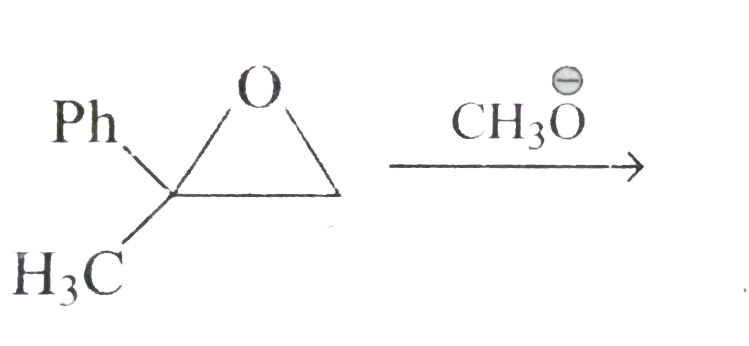 B
B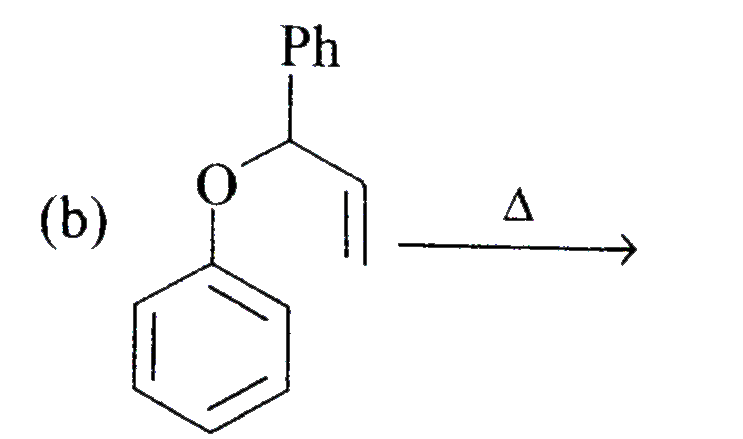 C
C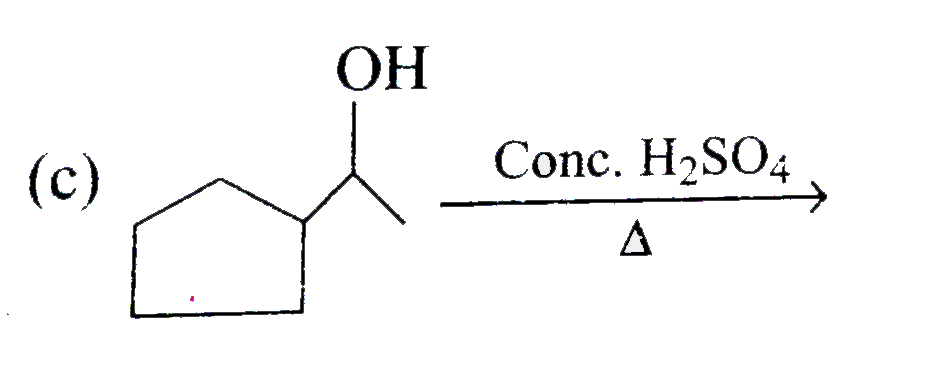 D
D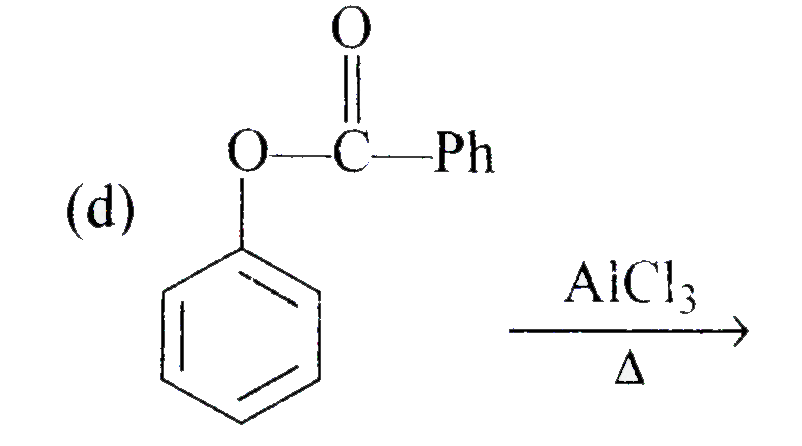
Which of the following reaction involves rearrangement process?
A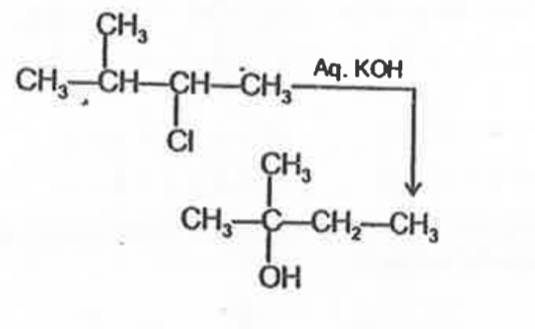 B
B C
C D
D
Which of the following is the rearranged more stable carbocation of the given species?

View SolutionWhich of the following compounds gives the same carbocation on ionization?

View SolutionWhich of the following gives most stable carbocation by dehydration
View SolutionWhich of the following will give Hofamann alkene?
View Solutionwhich of the following compounds cannot give Hofmann rearrangement ?
View Solution
